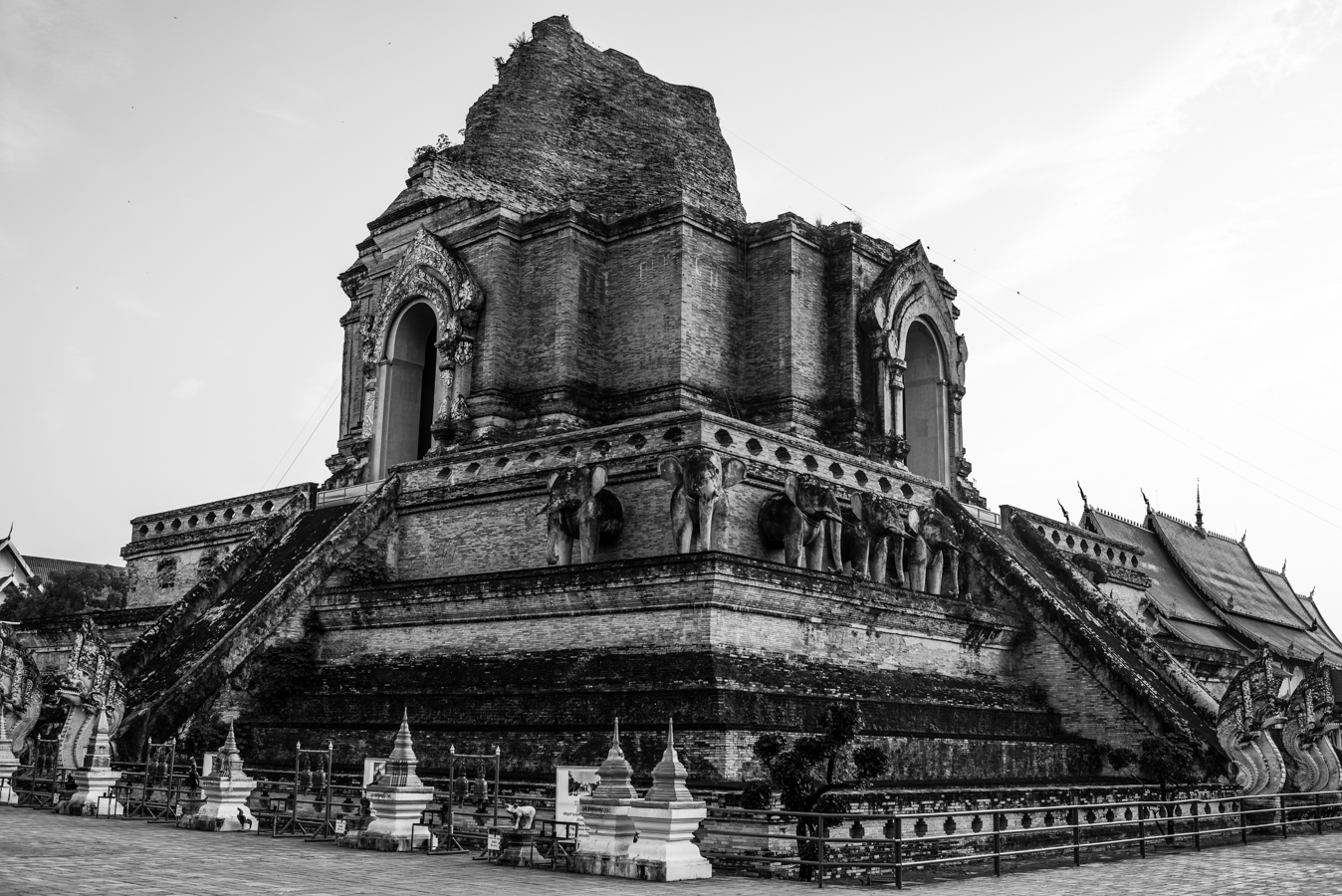When we experience resistance to the practice, it is important to remember that the Buddha’s teaching is radical. It goes against cultural norms so if we are really engaging in what the Buddha taught we are guaranteed to experience resistance. Our cultural messages compel us that the present moment is not good enough. We always need more or better but that is not what the Buddha taught us. He showed us how more and better is always a relative proposition, that is determined by how we perceive reality and that the best way to be happy is to adjust our habits of observation.
Let me explain what I mean. If we take the present moment as we perceive it, we may conclude that we don’t like it. We want something better, so we have two options. We can either try to change the material quality of the present by striving for more resources or we can try and change our perception of the present moment so that we perceive it as better. Which approach is easier and faster? Surely the latter is faster because there are fewer obstacles to success when dealing with our own observational habits whereas when we strive for material gain our success depends to a large extent on the decisions of other people over whom we have less influence.
But there is another, and perhaps more important reason that it is better to work on our perception of reality rather than its material quality. And that is because the process of training to adjust our perception of the world causes us to be more mindful. When we become more mindful we get better at our material work automatically because we become more careful, pay more attention to detail and become less likely to act heedlessly. Therefore, training in mindfulness is the most valuable activity we can do because we improve both our perception of our current reality and our capacity to improve our material position.
